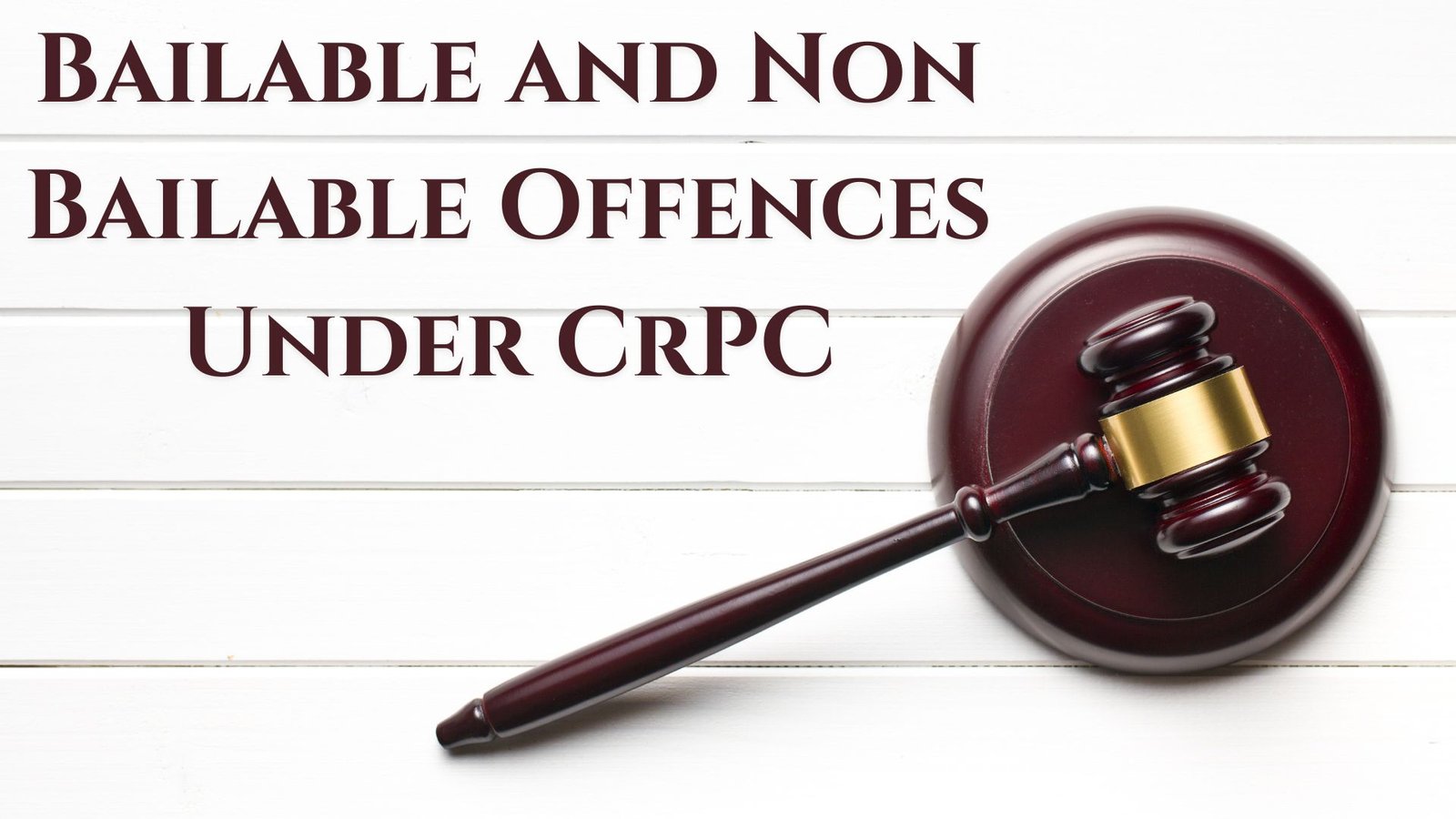On this page you will read detailed information about Validity of Agreements Entered Into by Minors in India.
As you consider entering into an agreement with a minor in India, you must first understand the validity and enforceability of such contracts under Indian law. This 100-word article provides an overview of the key principles that govern agreements made by minors, including topics such as restitution and ratification. It aims to help you make informed decisions regarding business dealings with Indian youth based on current regulations. With insight into which contracts hold up in court and what options exist after signing, you can strategically move forward in your transactions.
What Is a Minor in India?
In India, a minor is an individual under the age of 18. According to the Indian Majority Act, 1875, every person in India attains the age of majority on turning 18. Until then, a person is considered a minor in the eyes of law. Minors have restricted legal capacity and cannot enter into valid contracts or agreements. Their guardians or parents act on their behalf for legal purposes.
As a minor, you have limited rights and legal authority over your financial, healthcare or educational matters. Your guardians are responsible for handling those affairs in your best interests until you reach adulthood. Some key points about minors in India:
- Minors cannot vote, hold public office or legally marry without parental consent.
- Minors cannot execute wills, enter into contracts or file lawsuits. Their guardians must act on their behalf.
- Minors cannot open bank accounts, obtain passports or driver’s licenses without a guardian’s authorization.
- The guardians of a minor are typically the parents. In their absence, guardianship may be granted to other relatives or court-appointed individuals.
- Emancipated minors may conduct certain legal acts with court approval, but still lack full legal capacity until age 18.
Upon turning 18, an individual ceases to be a minor and gains legal rights and authority over their affairs as an adult. They can now vote, sign contracts, marry, open bank accounts, obtain legal licenses, file lawsuits and conduct other acts without requiring parental consent or guardianship. In summary, 18 years of age marks the transition from legal incapacity as a minor to legal capacity and independence as an adult in India.
Reaching adulthood is an important milestone, as it allows young individuals to exercise their legal rights and make independent life decisions. However, with greater freedom comes greater responsibility. New adults should make well-informed choices and understand the legal implications of their actions to avoid undesirable consequences.
In the previous post, we had shared information about Understanding Bailable and Non Bailable Offences Under CrPC, so read that post also.
Types of Agreements Entered Into by Minors
Minors in India, defined as individuals under the age of 18, have limited legal capacity to enter into binding agreements or contracts. However, minors can still enter into certain types of agreements that are enforceable under Indian law.
Contracts for Necessaries
Minors can enter into contracts for the purchase of necessaries, or goods and services required to maintain the minor’s health and welfare. This includes items such as food, shelter, medical care, and education. The minor would be required to pay a reasonable price for the necessaries. Failure to do so could result in a lawsuit against the minor’s parents or guardians to recover the cost.
Contracts of Service
Minors are permitted to enter into contracts of service, such as employment agreements. The minor employee would be entitled to wages and benefits under the agreement. However, the minor has the right to void the agreement at any time during their minority. The employer cannot enforce any restrictive covenants against the minor, such as non-compete provisions.
Partnership Agreements
Minors can enter into partnership agreements, but they have the right to void the agreement and withdraw from the partnership at any time. Any capital or assets contributed by the minor partner must be returned. The remaining partners are liable for any obligations incurred during the partnership. It is not advisable for minors to enter into partnership agreements given their limited capacity.
Settlements
Courts are permitted to approve settlements entered into by minors to resolve disputes or claims, such as personal injury suits. The court will review the settlement to ensure it is fair and reasonable before approving it. Settlement funds received by the minor are typically placed in a trust until the minor reaches the age of majority.
In summary, while minors have limited ability to enter into legally binding contracts under Indian law, certain agreements like those involving necessaries or service contracts may be enforceable. However, minors maintain the right to void most agreements during their minority. It is generally inadvisable for minors to enter contracts given their limited legal capacity. Exceptions may apply in certain circumstances, subject to court approval.
Validity of Different Agreements With Minors
According to Indian law, a minor is a person under the age of 18 years. Minors have limited legal capacity to contract and their agreements are generally voidable at the option of the minor. However, there are certain exceptions where agreements entered into by minors are considered valid and enforceable.
Contracts for Necessities
Agreements entered into by a minor for procuring necessities such as food, clothing, shelter, and education are deemed valid. The minor is liable to pay the reasonable price of the necessities. The term ‘necessities’ is construed strictly and does not include luxury items.
Contracts of Service
Contracts of service refer to employment agreements. An agreement to hire a minor for service is valid if the wages are reasonable and the employment is not dangerous or injurious to the minor’s health or morals. The minor can enforce the contract and demand wages but the employer usually cannot enforce the specific performance of the contract.
Contracts Valid by Statute
Certain contracts like insurance policies, provident fund policies, etc. have been statutorily made binding on minors. For example, a minor can take an insurance policy and it will be valid and enforceable.
Contracts Validated on Attaining Majority
Where a minor has obtained a benefit under a contract and retains that benefit even after attaining majority, the minor is estopped from avoiding the contract. This is known as the doctrine of restitution. The minor has to either restore the benefits or pay their reasonable value. Agreements relating to the transfer of property, such as sale or mortgage executed by the minor may also become enforceable if the minor does not avoid the contract within a reasonable time after attaining majority.
In summary, while most agreements entered into by minors are voidable, there are certain exceptions where such agreements can be considered valid and binding based on the nature of the contract or the minor’s conduct after attaining majority. Minors in India can enter into limited types of contracts, but additional safeguards are in place to protect them.
When Can a Minor’s Agreement Be Enforced?
In India, a minor’s agreement is not generally enforceable by law. However, there are certain exceptions where an agreement entered into by a minor can be enforced.
- Beneficial agreements: If an agreement benefits the minor, such as for necessities like food, education or medical benefits, it can typically be enforced. The minor is not personally liable, but the other party can recover the cost from the minor’s estate or guardian.
- Agreement for employment: An agreement for the minor’s employment, apprenticeship or training can be enforced if the terms are reasonable and the minor is above the age of 14. The minor has the option to void the agreement on attaining majority.
- Agreement entered into by guardian: An agreement entered into by a minor’s natural guardian or guardian appointed by a court of law can be enforced against the minor’s estate and is binding on the minor after attaining majority, provided the agreement was made in good faith for the minor’s benefit.
- Ratification of agreement: A minor’s agreement which is otherwise void can be ratified by the minor on attaining majority. By ratifying the agreement, the now-competent person makes the contract binding and enforceable. However, ratification must be done with full knowledge of the contents and implications of the agreement. Mere silence or inaction after attaining majority does not amount to ratification.
While minors in India do have limited legal capacity to contract, there are protections in place to prevent exploitation. With certain reasonable exceptions, most agreements entered into by a minor will not be enforceable against them, allowing the minor to walk away from unfair terms once they become an adult. However, for their benefit and development, minors above a certain age are given some legal capacity to enter into apprenticeships, employment and other useful contracts.
Frequently Asked Questions About Agreement Enforceability With Minors
In India, agreements entered into by minors are generally not enforceable. According to the Indian Contract Act, 1872, a minor is a person who has not attained the age of majority. The age of majority in India is 18 years. Any agreement with a minor is void ab initio (not legally enforceable from the beginning). However, there are certain exceptions, such as for necessities like food, lodging, education, etc.
A minor’s guardian, such as a parent or legal guardian, cannot enter into a valid agreement on behalf of a minor to bind them. Any agreement entered into by a minor’s guardian will not be enforceable against the minor. The minor can choose to ratify the agreement once they attain the age of majority, but they are not obligated to do so.
If a minor misrepresents their age and enters into an agreement with another party, the agreement would still be considered void. Even if the other party was unaware of the minor’s true age, the agreement cannot be enforced against the minor. The minor can choose to affirm the agreement after attaining majority, but is not obligated to do so. The other party would not be able to claim damages or specific performance from the minor for breach of contract.
A minor cannot enter into a legally valid business agreement, partnership or any commercial contract in their own name. Any such agreement would be unenforceable. A minor may be admitted to the benefits of an existing partnership only with the consent of all partners. But they cannot be made personally liable for the partnership’s obligations. Once the minor attains majority, they can decide to become a full partner if they wish. However, the existing partners are not obligated to admit them as a partner.
In summary, most agreements with or by minors are unenforceable under Indian law. However, minors are obligated to pay for necessities such as food, clothing, shelter, education, etc. provided to them during their minority. And they may choose to ratify other agreements once they attain the age of majority. But no one can compel them to do so.
Conclusion
As we have seen, agreements entered into by minors in India are generally voidable at the minor’s option under Indian Contract Law. However, there are certain exceptions to this general rule such as agreements for necessities and beneficial contracts. When assessing the validity of agreements made by minors, one must carefully examine the nature of the contract and the case law. Moving forward, it will be interesting to see if the law evolves to give minors greater autonomy in entering contracts or if the protections remain stringent. Regardless of future legal developments, it is wise for those contracting with minors to exercise caution given the likelihood such agreements may be voided.
Disclaimer
The information and services on this website are not intended to and shall not be used as legal advice. You should consult a Legal Professional for any legal or solicited advice. While we have good faith and our own independent research to every information listed on the website and do our best to ensure that the data provided is accurate. However, we do not guarantee the information provided is accurate and make no representation or warranty of any kind, express or implied, regarding the accuracy, adequacy, validity, reliability, availability, or completeness of any information on the Site. UNDER NO CIRCUMSTANCES SHALL WE HAVE ANY LIABILITY TO YOU FOR ANY LOSS OR DAMAGE OF ANY KIND INCURRED AS A RESULT OR RELIANCE ON ANY INFORMATION PROVIDED ON THE SITE. YOUR USE OF THE SITE AND YOUR RELIANCE ON ANY INFORMATION ON THE SITE IS SOLELY AT YOUR OWN RISK. Comments on this website are the sole responsibility of their writers so the accuracy, completeness, veracity, honesty, factuality and politeness of comments are not guaranteed.
So friends, today we talked about Validity of Agreements Entered Into by Minors in India, hope you liked our post.
If you liked the information about Validity of Agreements Entered Into by Minors in India, then definitely share this article with your friends.
Knowing about laws can make you feel super smart ! If you find value in the content you may consider joining our not for profit Legal Community ! You can ask unlimited questions on WhatsApp and get answers. You can DM or send your name & number to 8208309918 on WhatsApp









